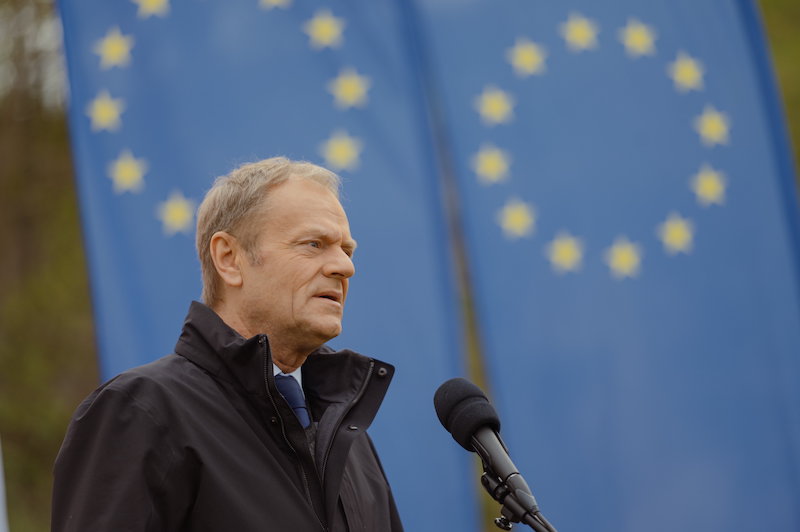I have been a journalist in North Macedonia for 16 years and for two thirds of that time, my work has been hampered by outdated and wrong official data.
Up until 2022, when the country finally completed an overdue census, not even the head of the statistics office could tell me the exact population. Officially it was 2.1 million, but that number was from 2002, as the country scrapped the 2011 headcount.
In most countries, headcounts are regular operations carried out for practical reasons at ten year intervals. Here, the process raises delicate ethnic issues about the size of the ethnic Albanian community versus the Macedonian majority.
Macedonian nationalists always wanted a result that would show the country’s Albanians were less than 20 percent of the population. It is the threshold that gives Albanians certain rights under the 2001 accord. The Albanian side, as expected, wanted the opposite and has been pushing for including its diaspora members in the census.
In 2011 the country scrapped the census mid-process, realising that nationalists on both sides had probably doctored the numbers so much that nobody would believe the results.
How did that leave us for over a decade? With wrong policies derived from those wrong numbers. So whenever I wrote about the fertility or mortality rate, gross domestic product, economic or social policies, migration, I and everybody else guessed at the true picture.
Now we have the new data. The country has lost nine percent of its population over two decades and now has 1.8 million. Projections say by 2050 we will fall to 1.4 million due to migration and a low fertility rate. Unsurprisingly, the ethnic ratio has not changed much as all equally seem to want to leave.
At the end of the day, ethnic bickering has discredited the process and many do not fully trust the new data. By politicising ethnic ratios we have forgotten why we need a headcount in the first place.






